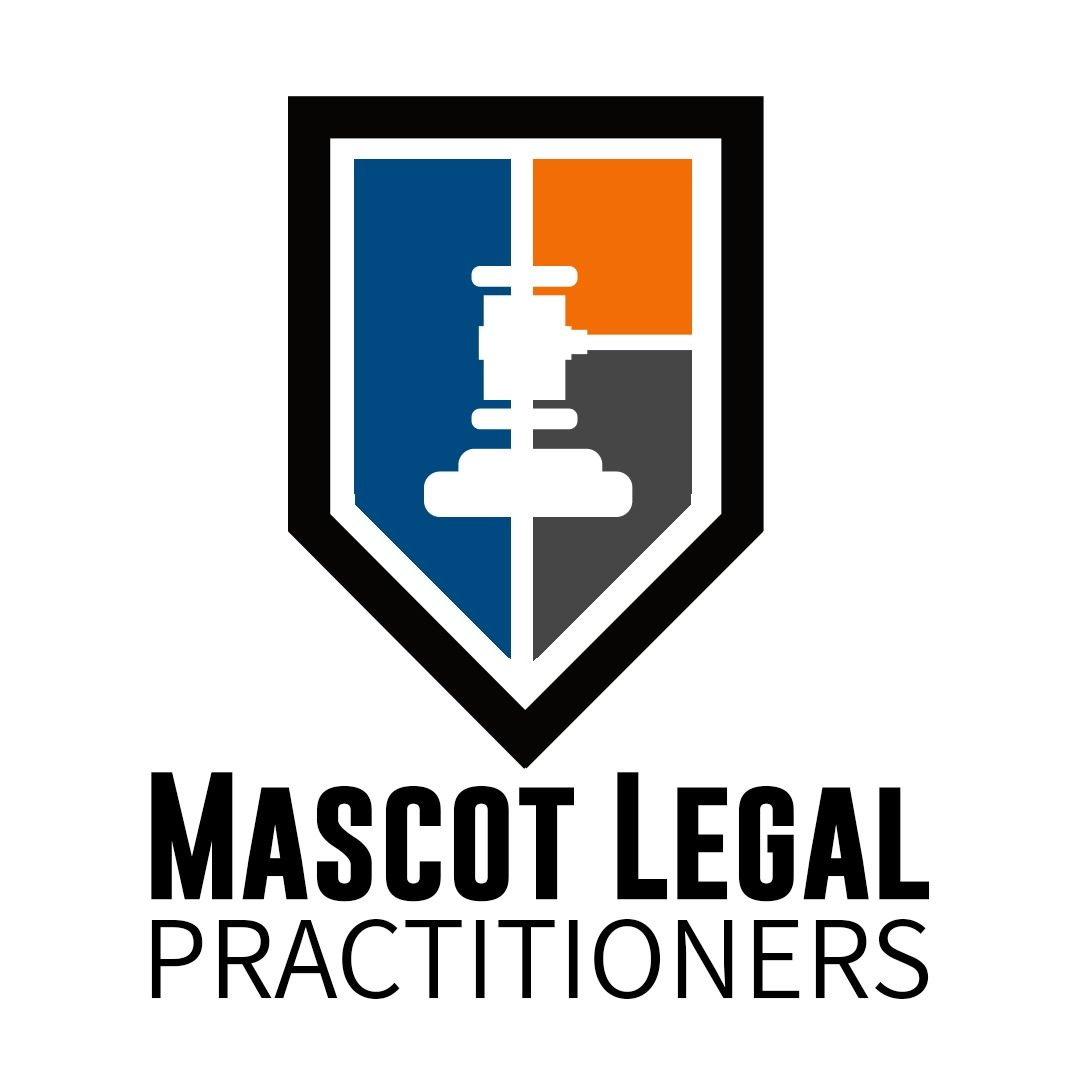Are you passionate about making a positive social impact? Establishing a Non-Governmental Organization (NGO) in Nigeria can be a powerful way to turn your vision into reality. This guide provides a clear and streamlined overview of the registration process, focusing on the most recommended route – registering as an Incorporated Trustee under the Companies and Allied Matters Act (CAMA) 2020.
Why Choose Incorporated Trustee Registration?
A non-governmental organization (NGO) in Nigeria is a vital entity, operating independently of the government to provide various forms of assistance to the public. This includes educational, scientific, religious, and artistic support, etc., all aimed at community, national, and international levels.
Understanding the procedure and costs involved in registering an NGO in Nigeria is crucial for those looking to establish such entities.
CAMA offers two primary structures for NGO registration. NGOs or charitable foundations can be registered either as a Company Limited by Guarantee or as an Incorporated Trustee. However, due to the complexity of requirements for registering a company limited by guarantee, opting for registration as an Incorporated Trustee under Part C of the CAMA is typically recommended.
Registering as an Incorporated Trustee offers a simpler and more efficient process compared to a Company Limited by Guarantee. This makes it the preferred choice for individuals and organizations seeking to focus their energy on achieving their charitable goals without excessive administrative hurdles.
Key Steps to NGO Registration as an Incorporated Trustee:
- Name Availability Check and Reservation: Ensure your chosen NGO name is unique and readily available. Remember, the reserved name remains valid for 60 days before it becomes available for others.
- Obtaining Incorporation Forms: The Corporate Affairs Commission (CAC) provides the necessary forms, including a detailed Memorandum to guide you through the application process.
- Publication Requirements: Publicly announce your intention to register the NGO by publishing notices in three national newspapers, one of which must serve the local area where your organization will operate.
- Submitting Your Application: Once the above steps are completed, submit your application to the CAC along with the essential documents:
- Formal application letter
- Two copies of your organization's constitution
- Application form signed by both the Chairman and Secretary of your NGO
- Minutes of the general meeting appointing the trustees, including details of attendees and voting results
- Two passport photographs of each appointed trustee
- Residential addresses and signatures of all trustees on the application form
- Duly completed Trust declaration forms, sworn by each trustee before a High Court in Nigeria
- Proof of property acquisition for your organization (or an undertaking in lieu of property)
- Official seal impression of your organization
- Minutes of the meeting where your organization adopted a special clause within its constitution, signed by both the Chairman and Secretary
- Original newspaper publications announcing your registration intent
- Payment of the prescribed registration fee
Additional Considerations:
- Companies Registering NGOs: While companies can establish NGOs, donations must be exclusively for charitable purposes as outlined in CAMA.
- Foreign Individuals and Entities: Foreign individuals seeking to register an NGO in Nigeria must first obtain a Combined Expatriate Residence Permit and Aliens Card (CERPAC). Foreign companies can register NGOs and appoint local trustees, while reserving the right to appoint additional trustees in the future through the organization's constitution.
Benefits of NGO Registration:
Registering your NGO unlocks valuable advantages:
- Tax Exemptions: Enjoy significant tax benefits, including exemption from most taxes levied on donations, grants, and aid received by your organization. Additionally, specific charitable or humanitarian goods may be imported duty-free with approval from the Minister of Finance.
- Enhanced Public Trust: Registration fosters greater public confidence in your NGO, encouraging stronger support through donations and foreign aid.
Expert Guidance for a Smooth Registration Process:
While the information provided offers a clear roadmap, navigating the intricacies of NGO registration can be complex. To ensure a smooth and efficient process, we highly recommend seeking the assistance of our experienced legal team at Mascot Legal Practitioners. We possess a deep understanding of CAMA regulations and are dedicated to guiding you through each step, maximizing your chances of successful registration.
Disclaimer:
The information provided in this article serves as a general guide to the procedure and requirements for registering a non-governmental organization (NGO) or charitable foundation in Nigeria. While every effort has been made to ensure accuracy, laws and regulations may change over time, and individual circumstances may vary. Therefore, readers are encouraged to seek professional advice and assistance before initiating the registration process.
For personalized advice or assistance with NGO registration in Nigeria, please contact admin@mascotlegal.com. Our team of experts at Mascot Legal Practitioners is dedicated to providing tailored solutions to meet your specific needs and ensure a smooth registration process.

